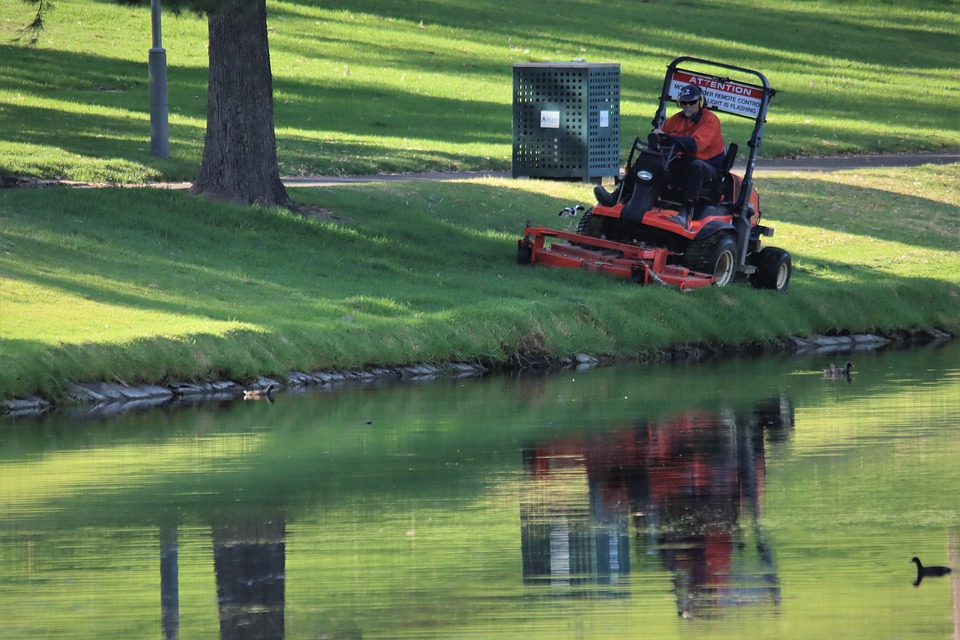Reasons to Winterize Equipment for Your Lawn
If you’re at the helm of a commercial lawn, then it’s 100 percent up to you to keep it looking its best at all different points of the year. That’s the reason that you should prioritize first-class lawn maintenance methods. It can be a terrific idea to prepare thoroughly for all of the changing seasons annually. If you want to do that, then you should zero in on lawn equipment winterization prior to the temperatures going down.
Equipment winterization can help you take it easy. If you put time into first-class winterization practices, you can relax knowing that your equipment will be good to go as soon as you’re ready to reap the rewards of it yet again. Thankfully, winterizing a lawn mower that’s essential for commercial applications isn’t a hard or a time-consuming thing in any sense.
The Ins and Outs of Commercial Lawn Mower Winterization
You should “dry out” your gasoline tank prior to storing it for the colder season. The last thing you need is “stale” fuel lingering inside of the system for a lengthy duration. That’s because it can lead to the deterioration of rubber fuel-line hoses. It can lead to gasket deterioration all the same. If you plan on maintaining a bit of fuel inside of your tank, then it can help to utilize a gas stabilizer of sorts if at all possible. Shut your fuel line valve meticulously. Doing so can stop gas from making its way inside of the carburetor.
Prioritize battery disconnection, period. Safeguard your battery in a secure location for the entire winter season. If you safeguard your lawn mower in a shed that’s outside, then you should think about putting the battery in a separate spot. You should search high and low for a location that may have a reasonable wintertime temperature.
Focus on cleaning work. Sweep any and all remnants of tired grass away. You don’t need grass on the deck of your mower at all. Make sure that there aren’t any grass pieces in any tiny openings anywhere. People who are equipped with front deck mowers should remove the lids of their decks. They should extract any and all hints of pulley grass. They should elevate their decks and meticulously eliminate grass that’s on the lower portion. If you notice any grass that’s “stuck” and that won’t budge for whatever reason, then it may help you greatly to take out a pressure washer. Opt for one that has a nozzle that reduces pressure. It may help to do away with any and all indications of debris and spare grass. Wax your lawn mower for the promise of radiance during the warmer season.
Don’t ignore the concept of lubrication even for half a second. Utilize a lubrication gun. Make a point to refrain from putting too much in. It can also help to go forward with oil filter replacement. You should bring the previous oil to the right kind of disposal site right away.
Blade sharpening is of the essence for well-rounded winterization. Once you’re through with any and all sharpening duties, it can help to spritz on a lubricating formula. Spraying this kind of formula may keep blade rusting at bay in the frigid winter months.
Don’t forget to switch out your air filter. A couple of other things to remember include concealing your lawn mower and extracting spark plugs. If you want to spare yourself all of the headaches of having to deal with unpleasant commercial lawn mower “surprises” at a later time, suitable winterization practices may just be your best buddy.
